https://www.youtube.com/watch?v=d2RC5swkffg
Speak Fluent english
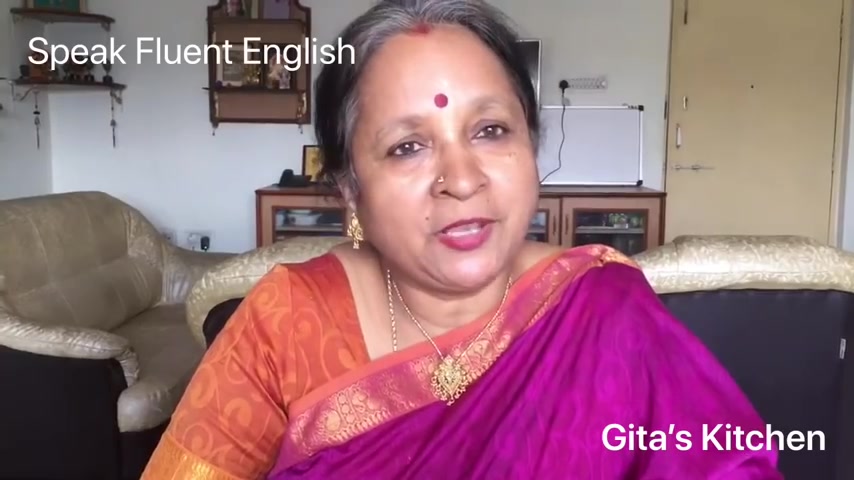
Hello , friends .
Many of you have asked me to give some tips on English speaking skills .
Very often people have studied grammar and vocabulary .
But when it comes to speaking , they are unable to form correct sentences .
This is mainly because they have not received the correct exposure to English .
English has only remained a subject at school or college .
When we think about how a child learns to speak his native language , we realize that it is only by listening and imitation .
But when it comes to speaking English , there is a lot of pause and hesitation and fear .
This stems from a lack of confidence .
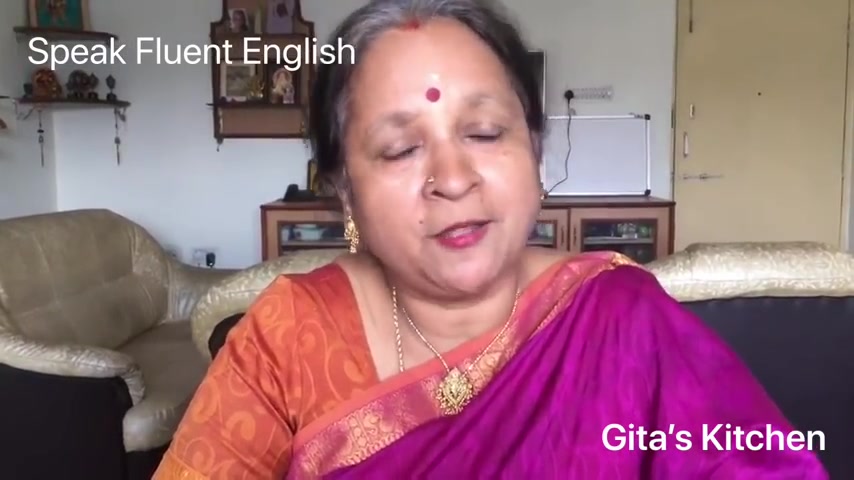
The surprising part is that in India , English has become so much a part of us that even when we speak any of our native languages , be it Tamil , Tego , Marti or Hindi or any other language , we involuntary tend to use a number of English words .
Even for us , it is very difficult to speak three or four sentences continually in our own mother tongue without bringing in a couple of English words .
Not necessarily only for the educated , even for the illiterate .
Let us say I speak to my maid and I ask her the reason for not coming on time to work and to give you an example in she might just say breakdown , 10 pass for those who uh don't understand Tamil .

Also , I'm sure you would have understood what she said that she was late because there was a breakdown and she's in a lot of tension , especially because her Children have gone have to attend the exams .
So you see , even within just two sentences in she has used about five or six English words , even though she has has not studied English .
Then where does the problem lie ?
The problem lies in that we are not trained to think in English .
This reminds me of a popular ad which used to be aired many years ago during the cricket matches .
It was a commercial for some popular soft drink and it would say eat cricket , sleep cricket , drink cricket .
And that is what I think one should do to get a mastery of the over the language , eat English , sleep English drink English .
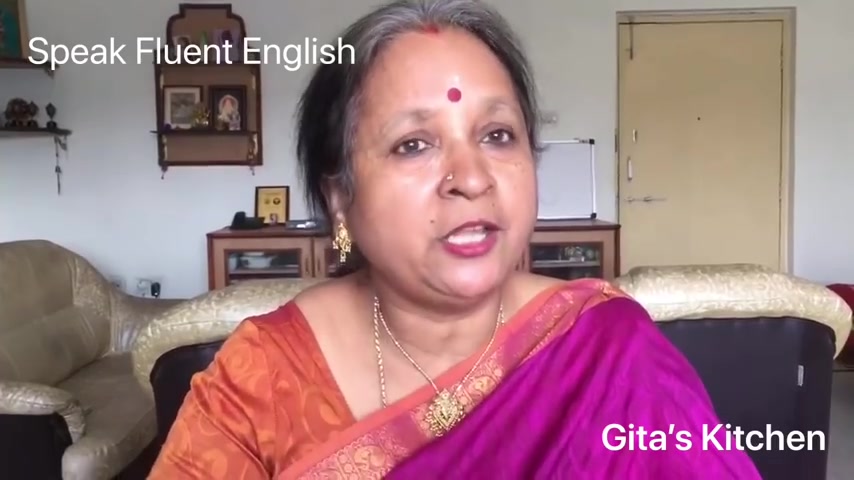
Then you will start to think in English and English will come very naturally to you .
So what is fluency ?
Fluency is about being able to communicate .
Fluency means that you're able to speak smoothly without any pause or hesitation .
There is a continuous flow of language .
Fluency is a practical skill .
You cannot just get it only by reading books .
It is something like learning any sport or learning swimming .
If you want to learn how to swim .
It is not enough .
If you just stand long hours at the edge of the pool , looking at other swimming , you have to dive into the pool .
That's exactly what you have to do .
If you want to learn English speaking , you have to do just one thing and that is speak .
So the first tip is speak without fear .
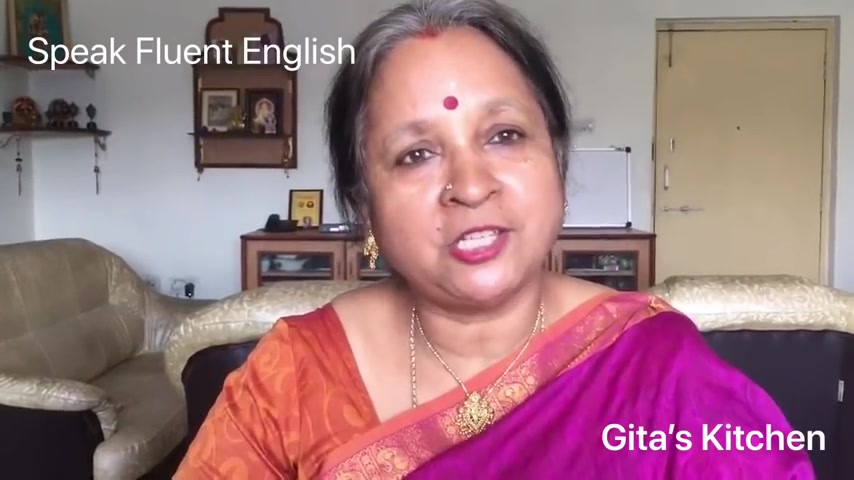
Don't be afraid of making mistakes .
It's only when you make mistakes that you will learn where you go wrong and it will help you to learn in your language .
Remember as a child , when you first learned cycling , were you able to peddle the very first day itself ?
You fell down a number of times you had your bruises .
Did you give up ?
No , you just went back and tried cycling all over again .
And remember the day when finally you were able to cycle all by yourself without anybody holding you at the back , how thrilled you felt ?
It is the same with speaking English .
The more you use the language , the more you speak , the more number of times the right word will come to your mind .
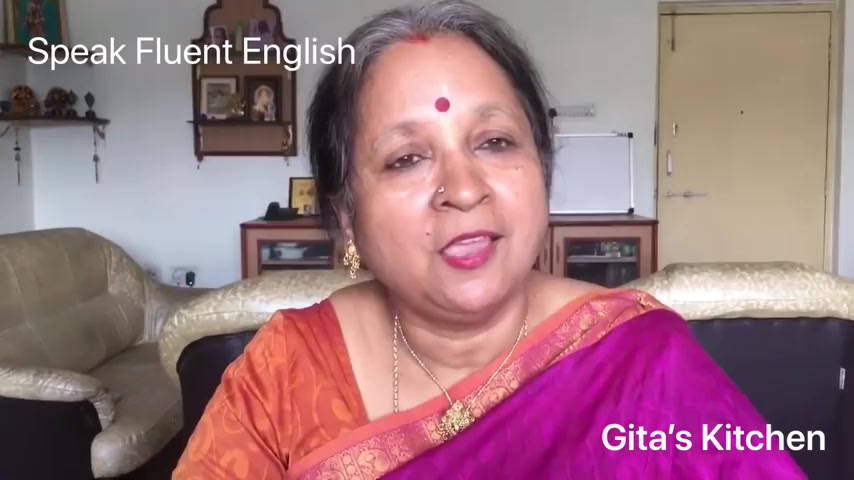
Most of the time people will understand what you're trying to say , even if you have made a mistake , the next tip is express your ideas and phrases in everyday situations .
Also let us say somebody has a joke and how do you respond to it ?
You can say that's a good one .
Now , this is a good phrase to remember when you listen to a good joke , you say that's a good one .
That's how you respond or when you want to thank somebody .
Just saying thanks .
You can say that's very kind of you .
These are all simple phrases for a beginner which when you put into practice , it will become part of your everyday speaking as a beginner .
One step , which will help you is to listen carefully very often , you'll be able to find the answer in the question itself and then you will be able to frame your sentence correctly .
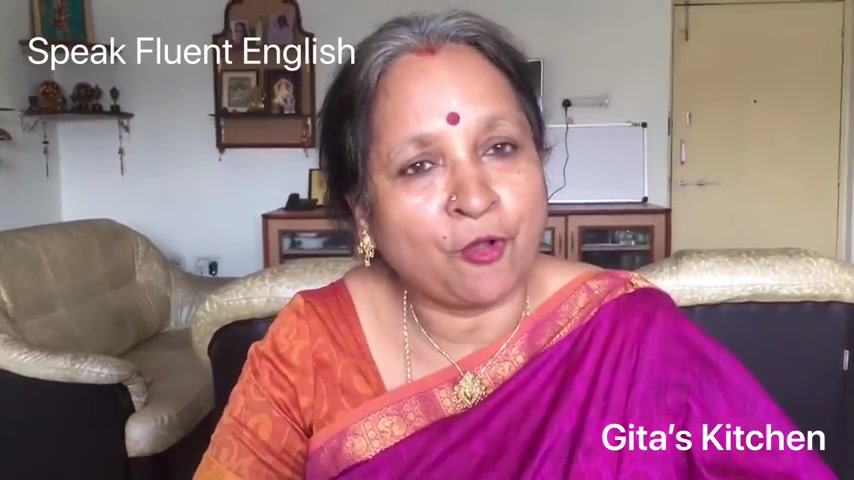
For example , if somebody asks you a question saying , does he know English or does he know Hindi ?
The answer can be yes , he knows .
Can you sing ?
Yes , I can .
Is it your book ?
Yes , it is .
So does he can he , is it these are the words in the question itself from which you can form your sentences for the answer .
Now , as I said , it all depends on what your level of English is .
If you're a beginner , these very small tips will help you grow along the way .
And if you already have a good level of English , you can become more advanced by using better words , better adjectives and improving your vocabulary too .
In every situation , try to speak English right ?
From the time you get a , let's say you're going to your office canteen .
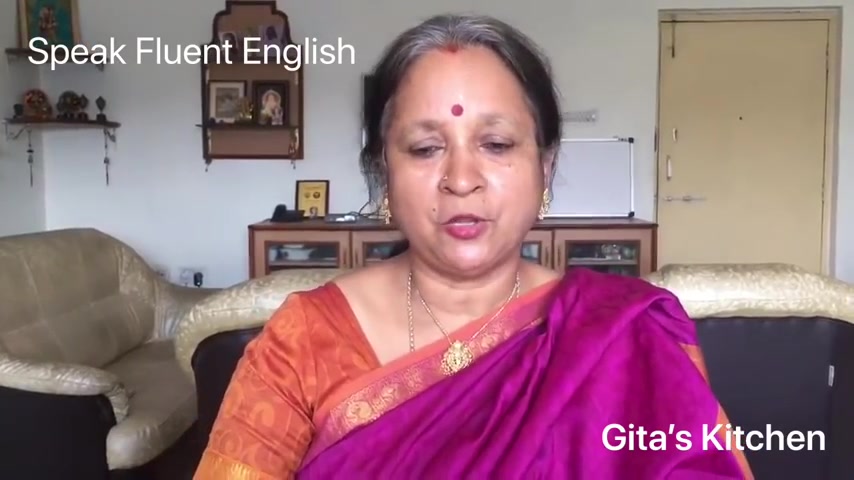
So think of words , let's say you have your food before you .
This food tastes good or uh she's a beautiful girl , whatever you want to say , just keep on thinking in English and think of words in English for everything around you .
This is another tip which will help you to improve your English .
A common error which I find which uh beginners make , especially Indian students is when I ask them their name or ask them to introduce themselves .
I say please uh tell me your name and he says , madam myself , Harras .
Now this is incorrect .
You don't introduce yourself as myself or myself .
Uh You say I'm Harras or my name is .
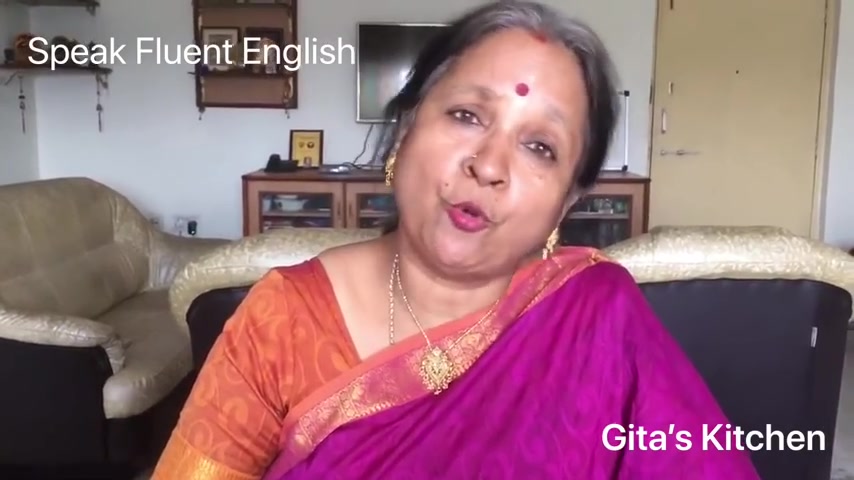
So this usage of myself is incorrect over here again , the way of asking somebody their name , I find some people still say , what is your good name ?
That is uh very , I would say old fashioned , it's very incorrect .
Also , you just say what's your name ?
There is no need to say what's your good name .
And if you want to be polite , you can ask , may I know your name or could I please know your name ?
These are better ways of asking and replying to such questions for beginners .
For more advanced learners .
It is very important to use precise words , especially on your resume or when you're going for a job interview .
For example , even this word resume , see the pronunciation very often I find people pronouncing it wrong and just using the words pronouncing it as a resume when you say resume , it's just a verb .
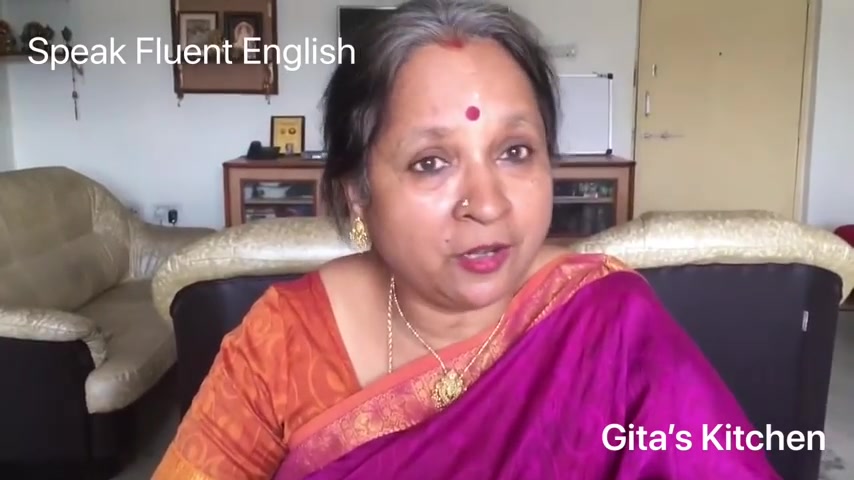
The match resumed after the rain .
In that usage , you can say resume here .
You are using it as a noun .
This is your resume or your bio data , which you're applying .
Uh when you want to go for a job interview and even in your resume or at the interview itself , use better words .
Don't just say I worked in the finance department .
You can say I analyzed financial data , you or you can say I implemented the company's policies .
So when you use better words like that , it shows that you have greater command over the English language .
As you are all aware in English , very often , the same word can have different meanings in different context .
If you take a simple example , say of the word bank .
Bank can be the name of a place where you deposit your money .
As the first meaning comes to you .
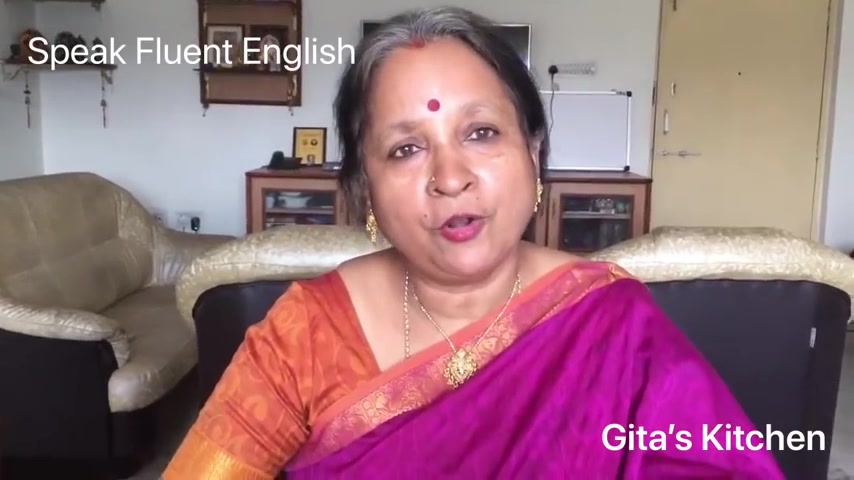
Bank also refers to um the bank of a river or when I say I was banking on his help .
Banking means were depending on him for his help .
Or even as for the word book , book might just refer to a text which you're reading or the action for for example , when you book a ticket for a journey .
So depending on the context , the meaning can differ and the pronunciation too can differ .
For example , if you have the word re ad , if you're using it in the present tense you say I read the newspaper every day , then you pronounce this as read .
But if you want to use it in the past tense , the same re ad , you don't say I read the paper yesterday , then you pronounce it as I read the paper yesterday .
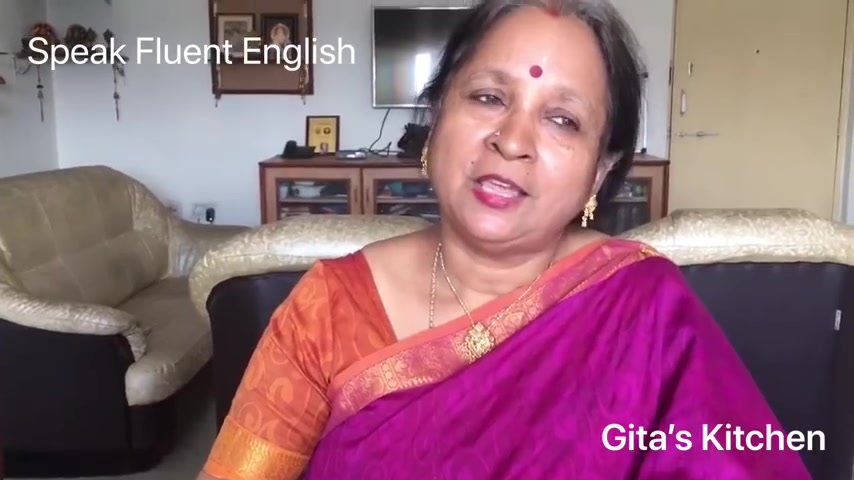
So these are small things one learns along the way where English usage , the functional English is very , very important and close our home to give simpler examples in your everyday situation .
Let's say you're on a call and you're not able to hear the other person very well .
For whatever reason , maybe the network is bad or there's a lot of noise around .
Don't just say , ah , that sounds very rude .
Say sorry , which means the other person would repeat what he said or you can put it in a sentence saying , could you please repeat that or you can say , I'm sorry , I'm not able to hear you very well .
Coming to this word here again , very often people uh do not know the difference between here and listen .
When you hear , you just hear the noise involuntary .
For example , you hear the thunder on a stormy night .
Listen means you're listening with attention .
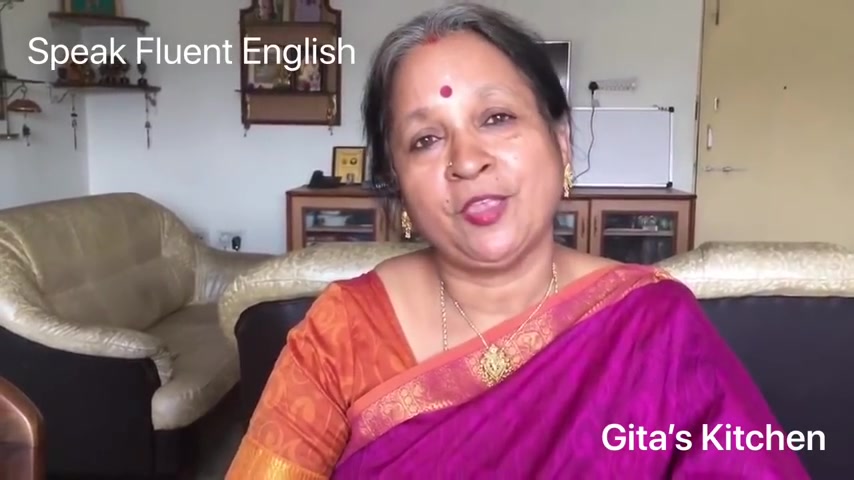
Maybe you're listening to the lecture again .
The mistake or the error which I commonly find is when I ask a student , what are your hobbies ?
He says , I like listening music .
That is again a wrong usage .
You don't say listening music , you say listening to music .
So such problems can be overcome by regularly revising your English and understanding the correct usage forms .
And very important use polite language .
Always instead of just saying , do something , add the word , please , please .
Thank you .
Sorry .
Make it a part of your everyday language .
This is something which I insist .
And when you want to offer somebody something you can say , would you like to have something that sounds more polite ?

Or if you want to say borrow some your pen say , could I please use your pen ?
That sounds much better .
Also try using good communications .
What are collocations ?
Communications are groups of words which are frequently used together .
For example , for example , simple phrases , say you have to wash the dishes , OK , after you after a meal .
So the correct words are there , do the dishes .
But after you get up , if you have to fold your bed sheet and keep your pillow in order , then we don't say do the bed , we say make the bed .
So learn the correct colorations .
It will be very useful to you and you will sound more like a native speaker of the language .
Also become familiar with idiomatic expressions , idiomatic expressions .
I can give you an example .
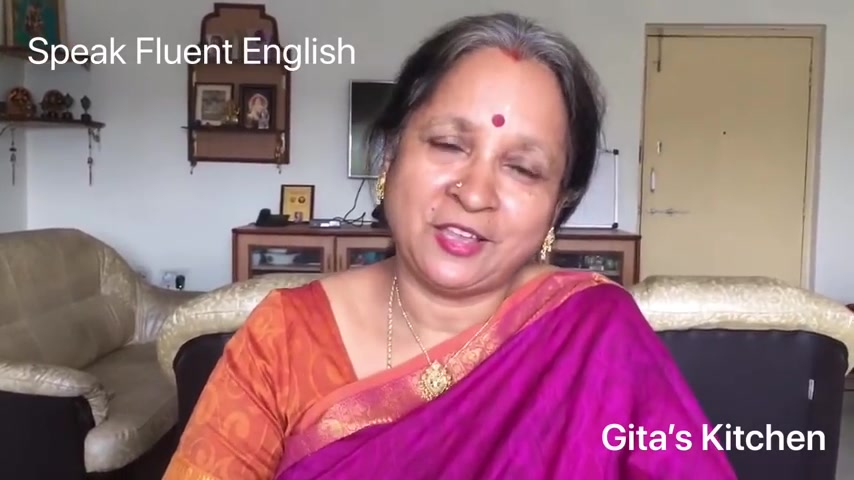
Say just before the exam bell rings , you have studied well .
But still there is some amount of nervousness in you and you have a funny feeling in your stomach , then you use the expression , there are butterflies in my stomach , which means you're a bit nervous .
So these extra idiomatic expressions also add more color to your language .
So try all these various tips which I have given you .
And uh I'm sure you will enjoy the language and improve day by day .
Thank you for listening to me and please give me your feedback in your in the comment section of this video so that I can understand what it is that you would like to learn more from me .
Thank you .
Are you looking for a way to reach a wider audience and get more views on your videos?
Our innovative video to text transcribing service can help you do just that.
We provide accurate transcriptions of your videos along with visual content that will help you attract new viewers and keep them engaged. Plus, our data analytics and ad campaign tools can help you monetize your content and maximize your revenue.
Let's partner up and take your video content to the next level!
Contact us today to learn more.